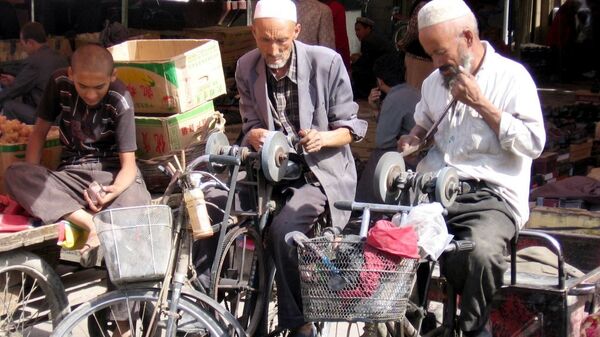Chinese authorities are seeking to suppress unrest in the turbulent Xinjiang region that has killed more than 100 people in recent years. China prosecuted Uyghur minority groups accused of committing terror-related crimes under its criminal law. However, Xinjiang regional officials decided the existing law was inadequate as some suspects were involved in the international jihadists groups in neighboring countries, Bo Xiao, Xinjiang legislator said in an interview with the “China Daily”.
The second draft legislation will be discussed in Thursday’s session of the Standing Committee of the National People’s Congress, the country’s legislature, which will be attended by a national intelligence gathering body.
Chinese lawmakers will primarily focus on the legal definition for terrorism. Unlike the first draft discussed last year, the one to be reviewed on Thursday interprets terrorism as “any speech or activity that, by means of violence, sabotages or threats, generates social panic, undermines public security, or menaces government organs or international organizations”. The first draft also included “thoughts” in addition to “speeches and activities," which was considered to violate the constitutional rights of Chinese people. The second draft therefore seeks to find a balance between combating extremism and protecting people's rights.
In the past year, at least 200 people died in the resource-rich Xinjiang in attacks allegedly carried out by Uyghur separatists, according to Australian ABC. Last October, an Uyghur man drove into a crowd at Tiananmen Square in Beijing, causing the deaths of two pedestrians and three Uyghur attackers.





